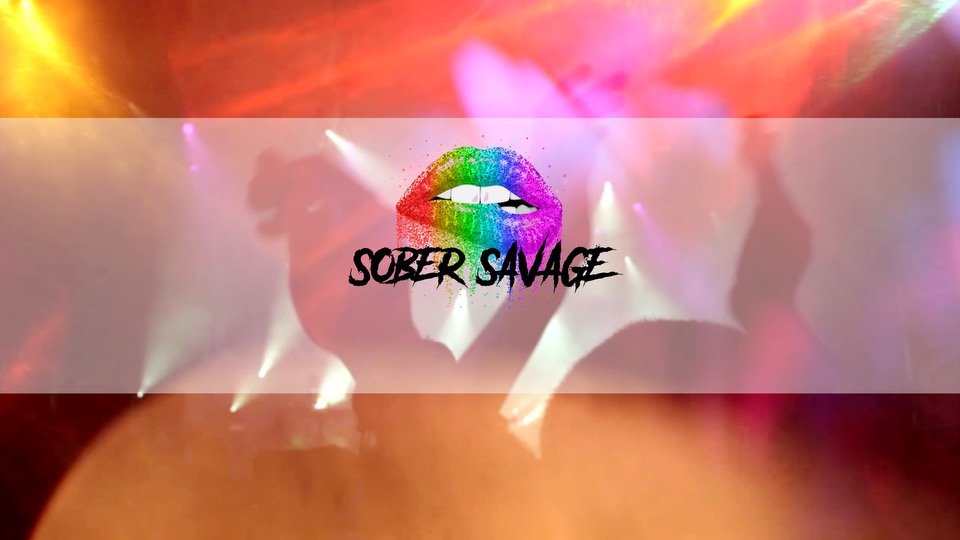
health and wellness
(for savage degenerates)
savage show
Check out our SAVAGE podcast exploring sobriety and mental health with honesty and raunchy humor.
savage squad
What’s it mean to be on the squad? It means exclusive events, free merch, un-cut episodes, and soon to come - our SAVAGE APPROVED list.
savage services
We do it all! From creating ‘recovery friendly’ options at events, spread awareness with school assemblies, scholarships, and MORE!
savage events
We work with local restaurants, bars, entertainment and venues to create/share ‘0 Proof Conscious’ events. No partier left behind.
savage shop
Take a look at Sober Savage merch! Proceeds from any single item you purchase go directly to mental health and recovery assistance.

sober savage sponsorships
Think we are a good match for your business/event mission? Let us know! Sober Savage is always looking to sponsor, and for sponsors, for events and businesses, big and small, nation wide.
i want in! let’s collab!
There are a lot of ways to get involved with Sober Savage, and we want to hear your ideas! Here are some of the ways we have worked with individuals and businesses in the past: Social Media Influencer and Creator efforts, Marketing Internships, Fundraising Events, Publishing and Media Coverage, Merch Partnerships and Design Collabs
sober savage SHOW
Have an idea or know someone who would be perfect for our podcast? Let us know! With the official brand launch we are offering both anonymous and public episode options. And you don’t have to be sober! Our podcast is for everyone no matter if they are directly effected by mental health struggles, know someone who is, or just want to help more people have fun and leave no partier left behind!







